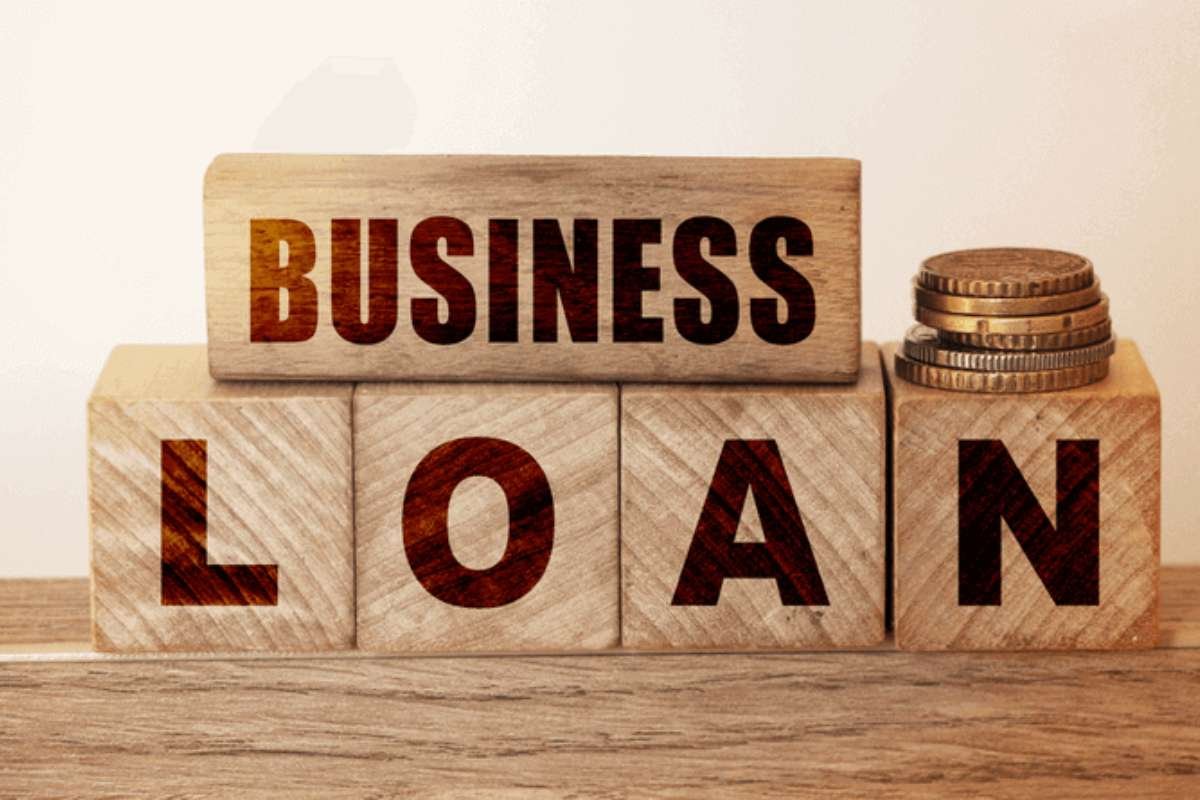For small businesses looking to get off the ground, or for established companies looking for a boost that will take them to the next level, borrowing money from a financial institution is often a viable way to get the ball rolling. From this article, you will get to know what you need to prepare to get business loans or a business Mortgage.
It can be easy to feel confused or overwhelmed by the range and variety of options out there. It can be a bit of a minefield, with conflicting advice and opinion only working to further muddy the waters. Whether you’re looking to get a business loan or a business mortgage, we’re here to bust the jargon and clarify a few things, and let you know how you need to prepare before you move forward. Keep reading to find out more.
Business Loan vs Business Mortgage
Before we get into the details, it’s important we define and outline the distinction between business loans and business mortgages.
Business loans can be used for all sorts of different things. Anything from the financing of equipment to securing funding for business operations, loans can help out when business is slow or to bridge the gap when a company is expanding. Loans come in various types, such as line of credit loans, unsecured and secured loans, and short and long-term loans.
Business mortgages are often taken out for more substantial financial commitments, such business acquisitions or development of a property or working space. They work by securing a loan against a commercial property, provided the value of that property is at least equal to the amount being borrowed. Business mortgages must be secure against a property, unlike business loans which can often require no collateral. However, business mortgages can offer lower risk and lower rates of interest than loans, particularly unsecured loans.
Whether you choose to go for a business loan or a business mortgage will depend entirely on your circumstances and what your goals are. While they both have unique advantages and disadvantages, the process of applying for them and steps you need to take to prepare are largely similar.

Let’s take a look to Prepare To Get Business Loans Or A Business Mortgage.
1. Are You Eligible?
Unfortunately, banks and other lenders will not just give out business loans or mortgages to everyone. You’ll need to be able to demonstrate that you and your company are in a good financial state and will be able to pay back what you have borrowed at the agreed rate.
You might need a good credit score before your loan application will be accepted, and you will likely have to provide evidence of revenue streams and business plans to prove that your company is profitable.
What type of loan you are looking for can influence your eligibility and can dictate where and how much you get. For example, if you are operating a brand-new or small business that is just starting out, you may not be able to provide the necessary business and financial history to be eligible for a standard business loan or mortgage. In this situation, there are institutions and financial bodies that specialize in granting loans to new businesses.
2. Submitting Your Application
If you’ve decided on the type of loan you want, your reasons for getting it, and have confirmed that you are eligible, now is the time to prepare and submit your application.
You’ll need to organize and collect together all the necessary documents so that your lender can examine them properly. You’re going to need things like tax returns, bank, and financial statements, licensing information, business plans, and balance sheets. It’s always worth checking with your lender ahead of time so you can ensure you have all the documentation needed to complete the process. The last thing you want is for your loan application to get rejected or delayed because you forgot to include a document.
If you are applying for a business mortgage, this application process will be much the same. However, it will involve some additional steps, the lender will need to assess the value of the property you are securing the loan against to ensure it meets or exceeds the value of the amount you are borrowing.

Because mortgages are secured by collateral, you could find that you can obtain one with a lower credit score than you would need for a business loan. However, you are likely to see higher rates of interest in this situation, and you run the risk of losing the property should you fail to successfully make the loan repayments.
Conclusion
All businesses will need a cash injection at some time or another. Whether it is to cover expenses in leaner times, or to provide support as a company grows and expands, borrowing is often a natural part in the life cycle of a business. Business loans and business mortgages come with their own specific benefits and drawbacks, it’s worth doing your research before proceeding to ensure you are making the move that is right for you and your company.





